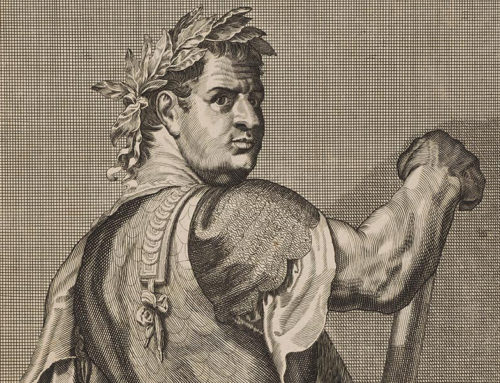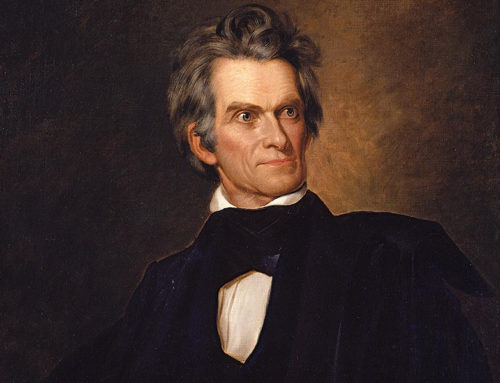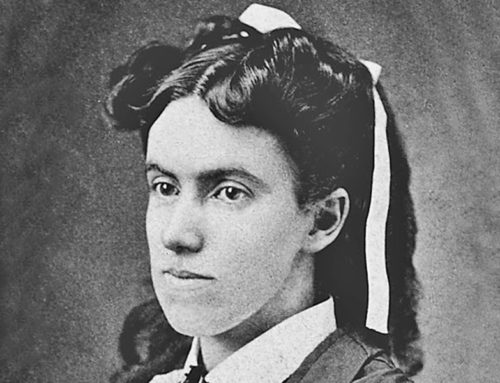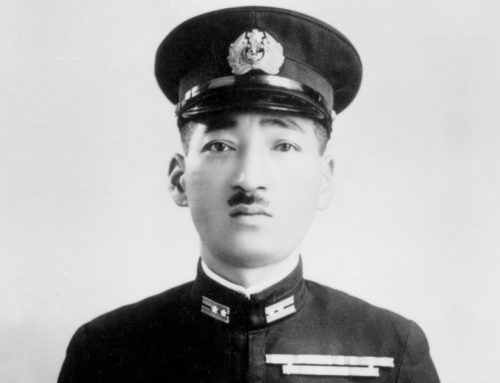

“For by Grace are ye saved by faith; and that not of yourselves, it is the gift of God, not of works, lest any man should boast.” —Ephesians 2:8,9
The Birth of C.S. Lewis, November 29, 1898
![]() live Staples Lewis entered the world in a family of the middling sort, in Belfast, Northern Ireland in 1898. Nothing about his birth or his family’s standing could have indicated that before he finished his course on earth sixty-four years later, he would have become one of the most prolific and influential Christian writers of the 20th Century. The best of his thirty books were translated around the world in thirty different languages and his World War II era broadcasts on BBC radio inspired and delighted multiple thousands of his fellow Britons in their darkest hour. He formed a legendary friendship with the brilliant Anglo-Saxon expert and universally beloved author J.R.R. Tolkien, with whom he founded a literary society known as the Inklings. Loved and respected by Christians across the theological spectrum, the reply by Tolkien to an Oxford student who wondered if his course with Lewis would be difficult, was told what still seems apropos to most of his admirers today: “Well, you will never get to the bottom of him!”
live Staples Lewis entered the world in a family of the middling sort, in Belfast, Northern Ireland in 1898. Nothing about his birth or his family’s standing could have indicated that before he finished his course on earth sixty-four years later, he would have become one of the most prolific and influential Christian writers of the 20th Century. The best of his thirty books were translated around the world in thirty different languages and his World War II era broadcasts on BBC radio inspired and delighted multiple thousands of his fellow Britons in their darkest hour. He formed a legendary friendship with the brilliant Anglo-Saxon expert and universally beloved author J.R.R. Tolkien, with whom he founded a literary society known as the Inklings. Loved and respected by Christians across the theological spectrum, the reply by Tolkien to an Oxford student who wondered if his course with Lewis would be difficult, was told what still seems apropos to most of his admirers today: “Well, you will never get to the bottom of him!”
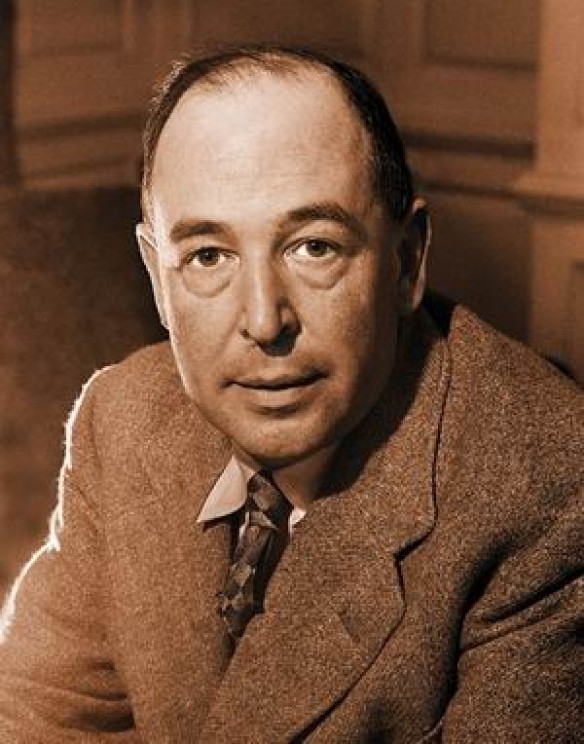
C.S. Lewis (1898-1963)
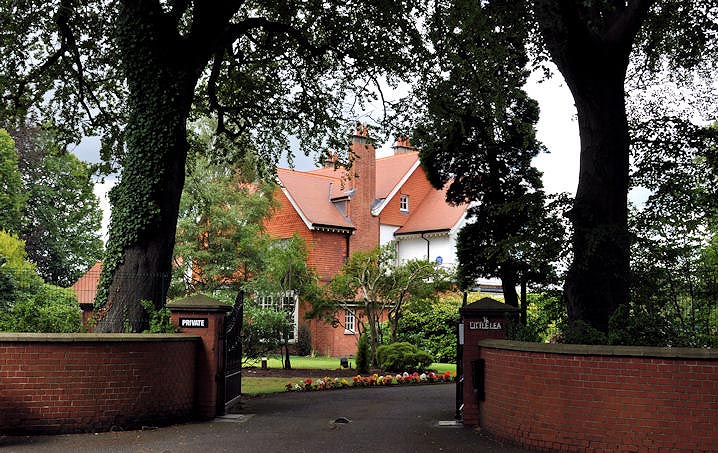
“Little Lea”, childhood home of C.S. Lewis in Belfast, Northern Ireland
While a student at Cherbourg House, Lewis abandoned Christianity at age fifteen, partly due to the influence of an atheist teacher. Although he received a scholarship to Oxford in 1916, he enlisted in the army to fight in the trenches in 1917. It was not long before he was wounded by friendly artillery fire in the Battle of Arras and invalided home. The two men beside him were killed by the shell; Providence is indeed mysterious. He received three “firsts” after his return to college and was appointed a Fellow and Tutor in English literature, a position he held until 1954. It was not as a college professor, however, that Lewis become known by millions around the world.
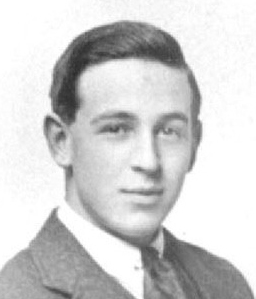
Lewis in 1919
Celtic mythology appealed greatly to Lewis, and his natal attachment to Northern Ireland never left him. The harder he tried to pretend God did not exist, the more he came into contact with Christian influences, beginning with the fictional writings of George MacDonald, and, after 1926, the friendship of Tolkien, his own brother Warnie, and several other colleagues, as well as the writings and influence of G.K. Chesterton. He claimed that his full conversion to Christianity took place in 1931 and he admitted to entering Christ’s kingdom kicking and screaming. He joined the Church of England, although he himself was highly ecumenical and his admirers come from all corners of the Christian Church. Lewis readily admitted he was no theologian though, and merely suffused his novels with a “culturally Christian” worldview, often veiled in metaphor and anthropomorphizing.
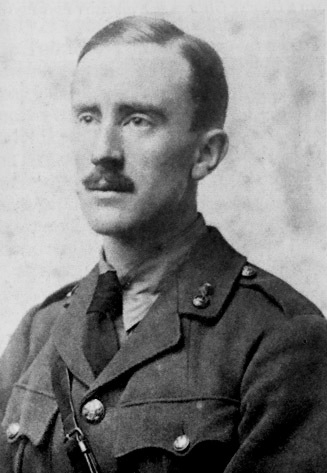
Lewis’s friend and Oxford colleague J.R.R. Tolkein in 1916
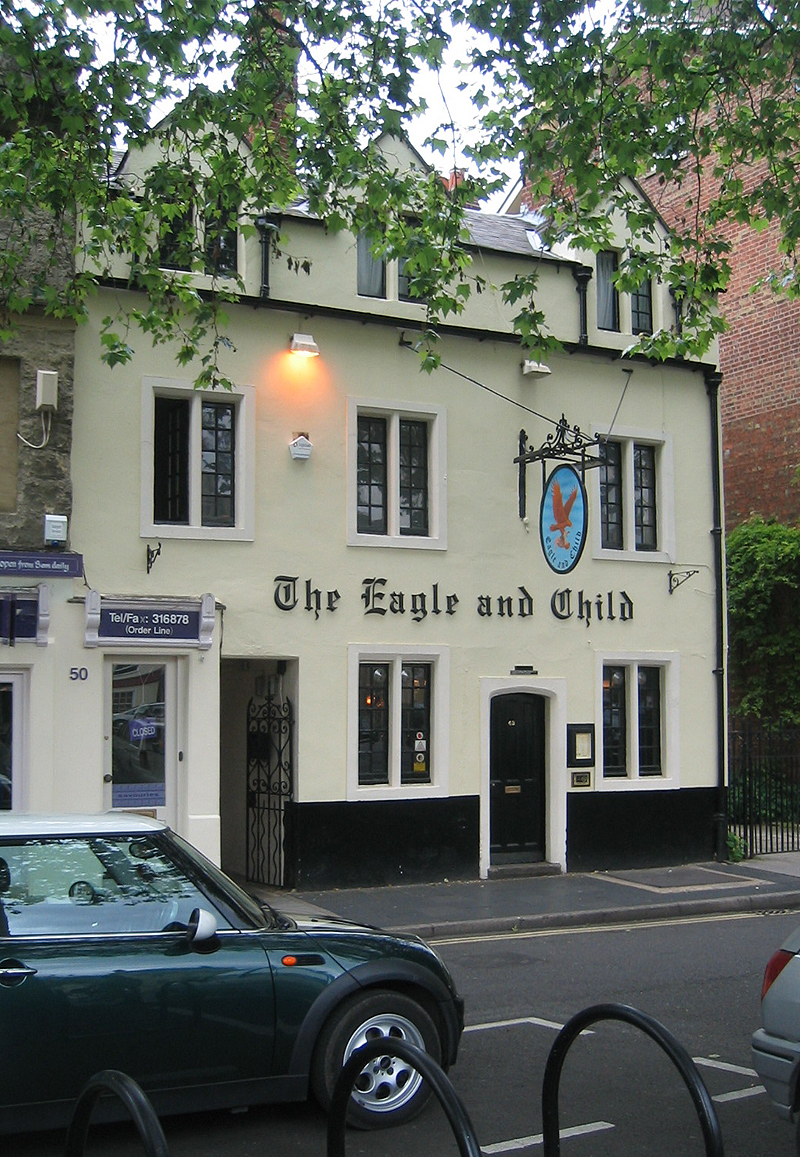
The Eagle and Child pub in Oxford, meeting place of the Inklings
During the 1930s, he published his science fiction Out of the Silent Planet, as well as The Allegory of Love and The Pilgrims Regress. Lewis tried to enlist to fight in WWII, but the forty-year-old veteran was turned down as too old. He served in the home guard and, more importantly, began his weekly addresses on the BBC. Only one has survived (see below). From them came one of his most admired books entitled Mere Christianity. More books followed during the war, including the second and third books of his Space Trilogy and The Screwtape Letters. The Chronicles of Narnia series of dramatic heroic fictional stories made Lewis millions of fans covering the whole gamut of age groups.
Lewis’s philosophical writings are still widely cited by Christian apologists from many denominations. With a tender transparency that permeated his works, Lewis brought all his formidable literary genius to bear in an accessible and insightful manner to profoundly influence millions of readers, providing a solid framework to navigate life’s challenges and bask in its beauty.


